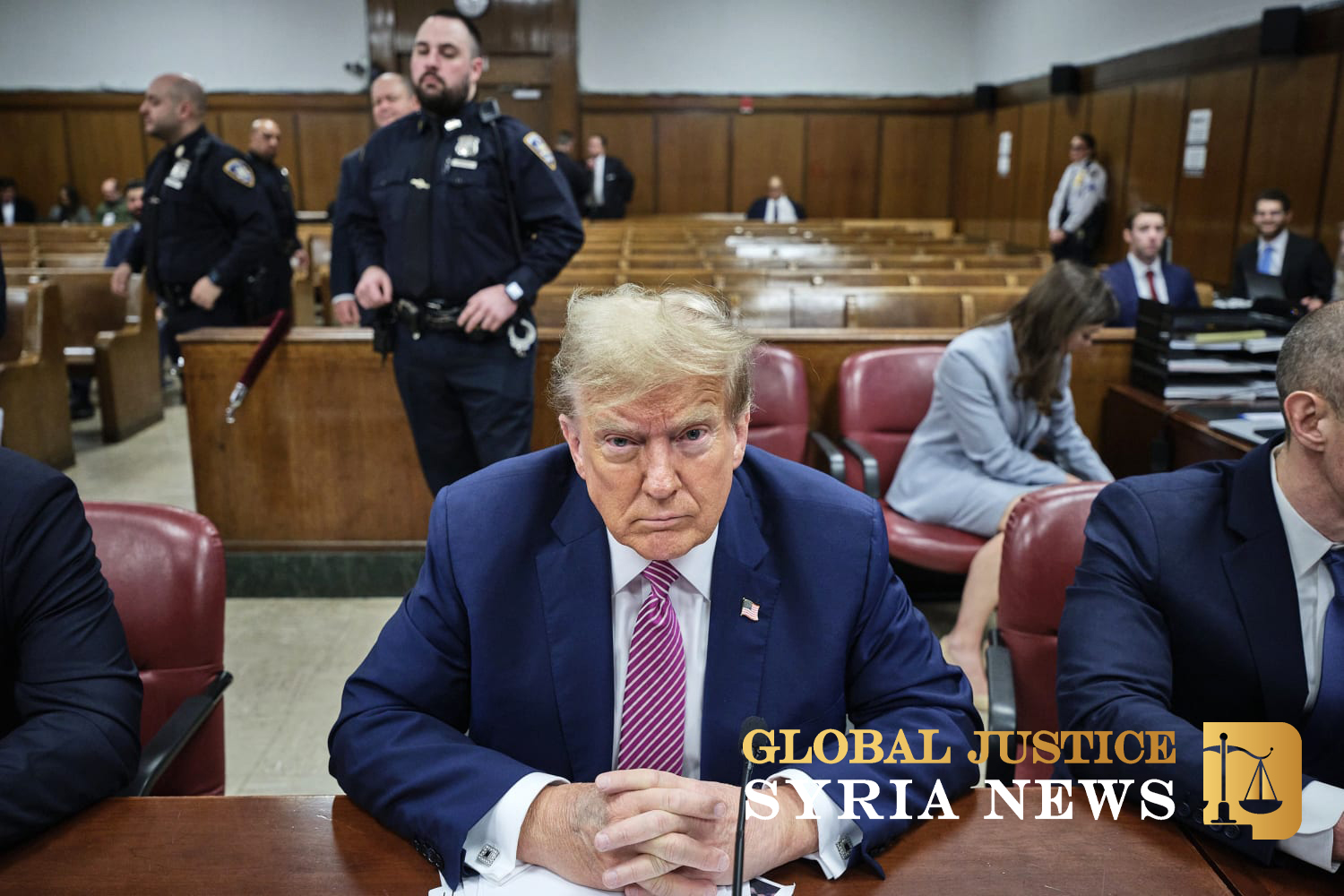In a significant development, Special Counsel Jack Smith has filed a new, superseding indictment against former President Donald Trump related to his efforts to overturn the 2020 election. The revised indictment, filed on August 27, 2024, retains the original criminal charges but narrows the scope of the allegations in response to a recent Supreme Court ruling that expanded presidential immunity.
The original indictment, filed last year, accused Trump of leading a conspiracy to subvert the 2020 election results, ultimately culminating in the January 6 Capitol riot. However, in July 2024, the Supreme Court ruled that Trump, as a former president, is entitled to broad immunity for actions deemed “core” to his official duties, including interactions with the Department of Justice.
The new indictment reflects this ruling by removing references to Trump’s alleged attempts to use the Justice Department to overturn the election results. Notably, the indictment no longer includes accusations against Jeffrey Clark, a former top DOJ official, who allegedly supported Trump’s election fraud claims. The indictment now emphasizes that Trump’s co-conspirators were acting in a private capacity, not as government officials.
Despite these revisions, the core allegations remain intact. The indictment continues to accuse Trump of conspiring to defraud the United States, obstruct an official proceeding, and prevent the counting of legitimate votes. It also retains claims that Trump pressured Vice President Mike Pence to reject electoral votes and participated in a scheme to enlist fraudulent electors in battleground states won by Joe Biden.
The revised indictment underscores the challenges faced by prosecutors in navigating the Supreme Court’s ruling while maintaining the integrity of the case. With the trial unlikely to proceed before the November 2024 election, the outcome of this case could have significant political implications. If Trump were to win the presidency, he would have the authority to dismiss the charges against him, raising questions about the balance of power and accountability in the American legal system.
As the case moves forward, all eyes will be on U.S. District Judge Tanya Chutkan, who must now determine which allegations in the indictment can proceed to trial under the new legal framework. The revised indictment, though narrower, keeps the spotlight on Trump’s efforts to overturn the 2020 election and the ongoing legal battles that could shape the future of American democracy.



















